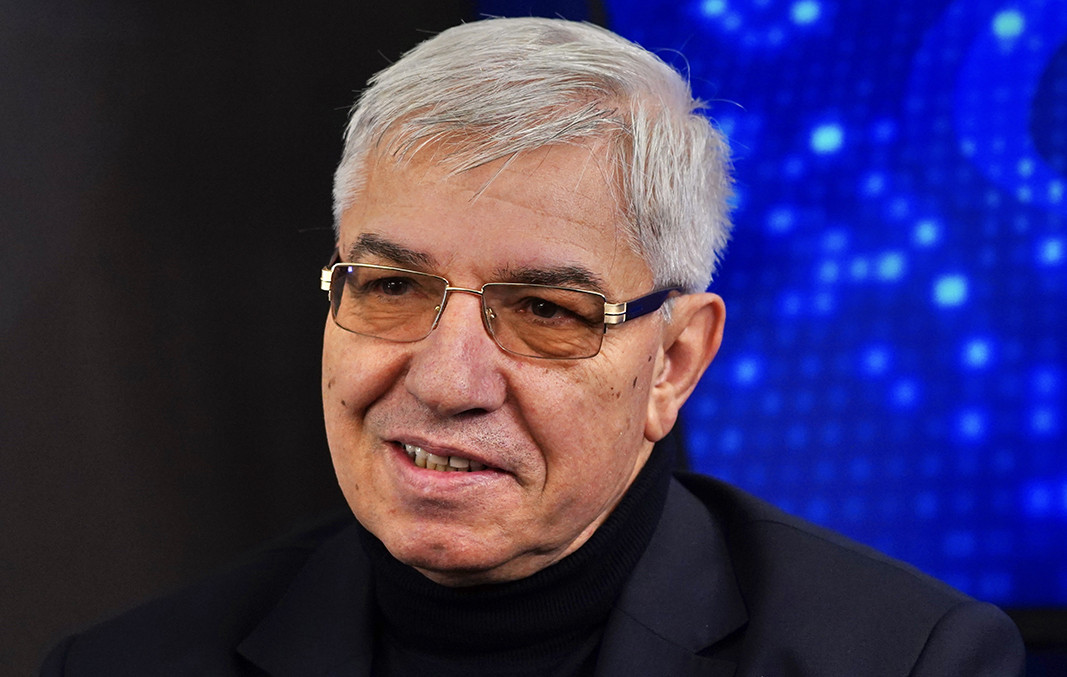
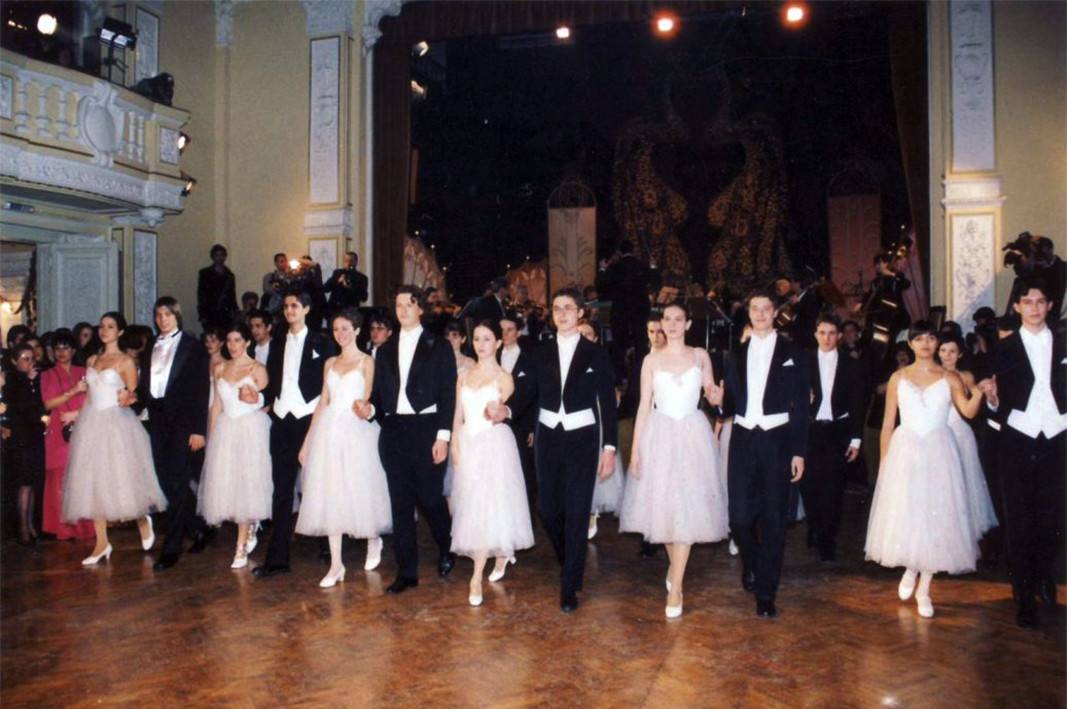
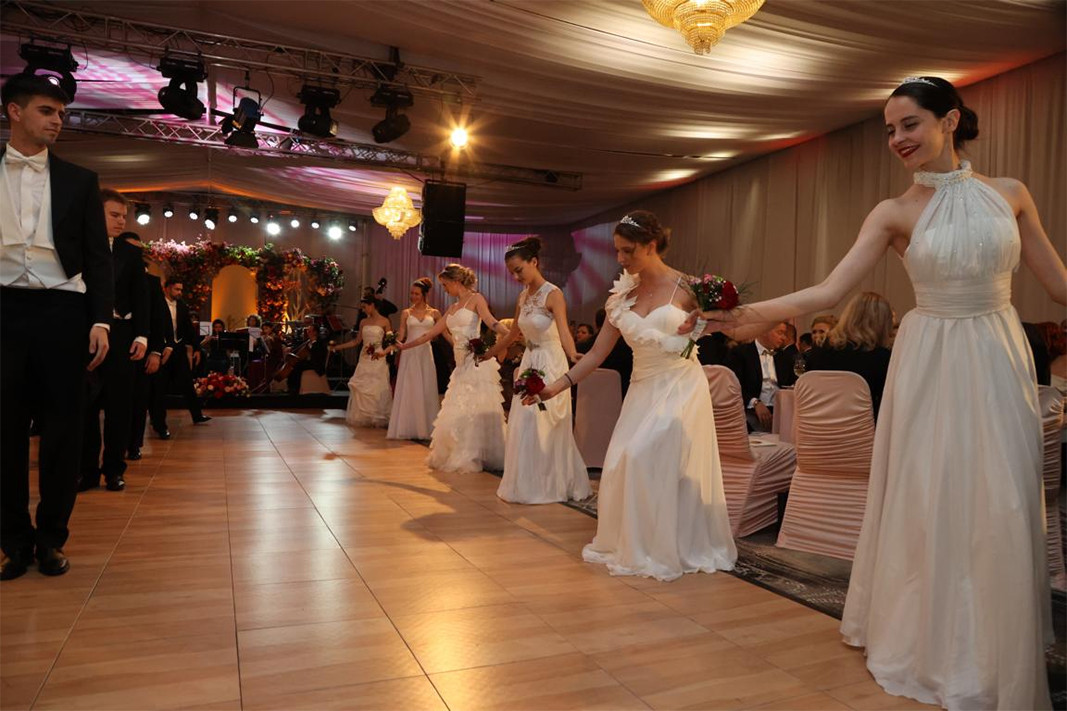
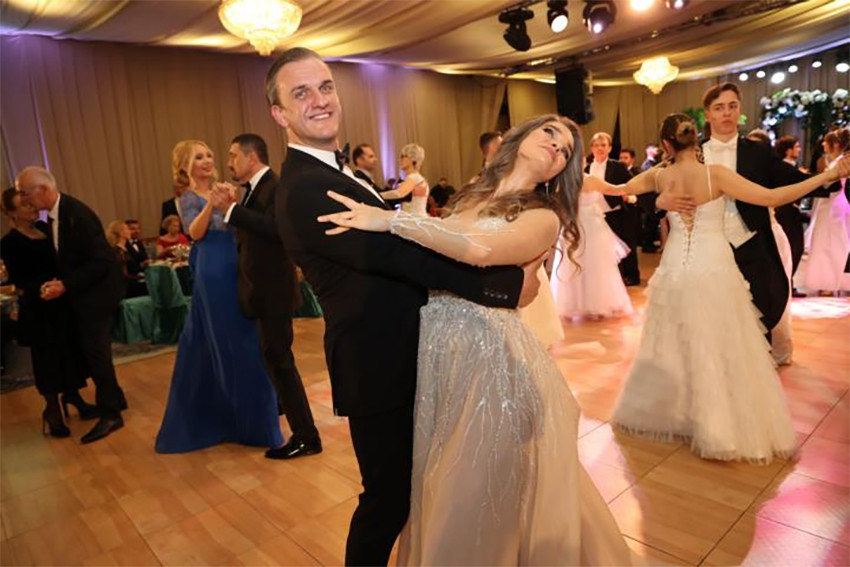
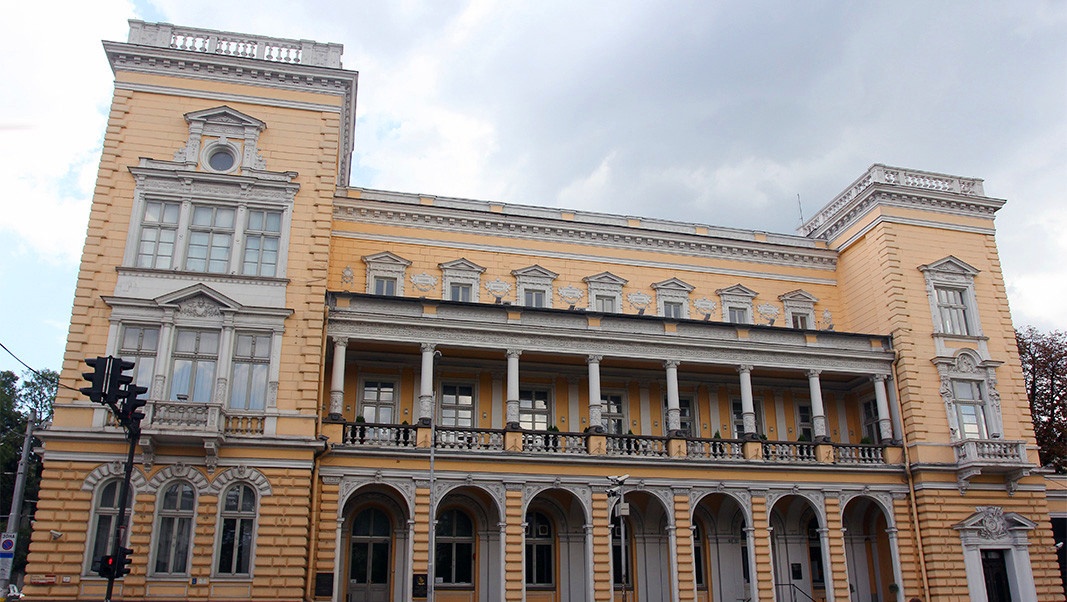
As winter numbs the wilderness, the tortoises hibernate in their shelters, protected from the cold and outside threats. But what happens to them during this time? Where do they feel safest and when can we expect them to wake up? In the village of..
On January 25 this year, the Bulgarian National Radio will celebrate its 90th anniversary. The celebration will be accompanied by various initiatives, culminating in the ceremony of presenting the Annual Radio Journalism Awards "Sirak..
Bulgarian gardeners have been bringing the glory of Bulgaria to Croatia for more than a century and a half. They were true "ambassadors" of the humble and hardworking Bulgarian people, Diana Glasnova, author of the book Bulgarian Gardeners in..
Topics related to renewable resources and natural disasters united students from the Bulgarian Sunday School "Assen and Iliya Peykovi" in Rome, the First..

+359 2 9336 661
